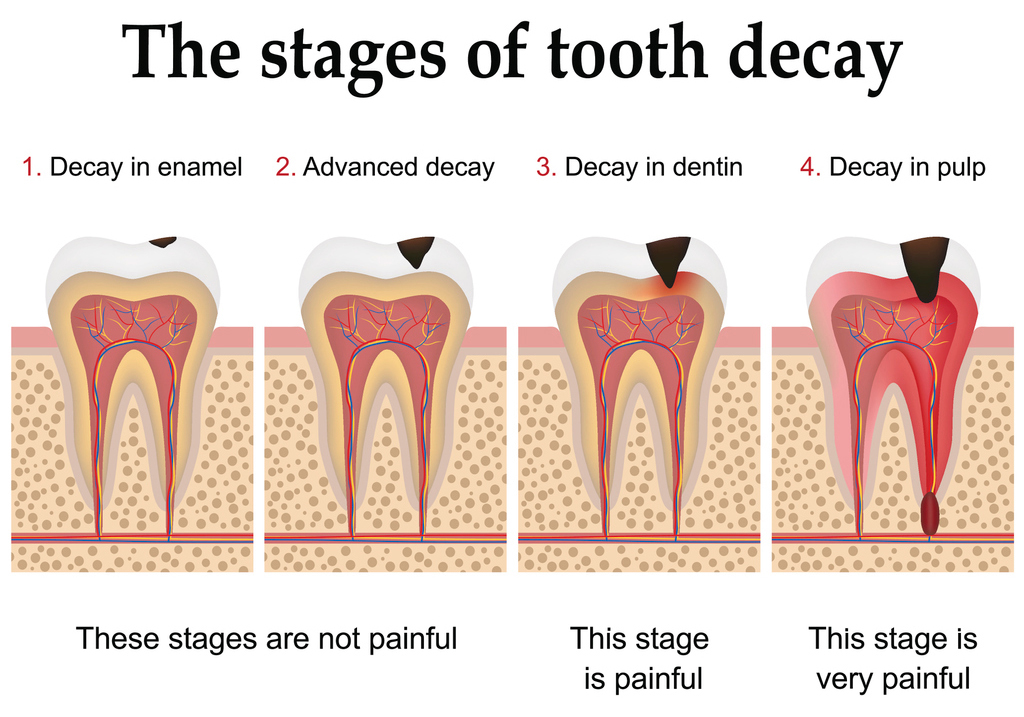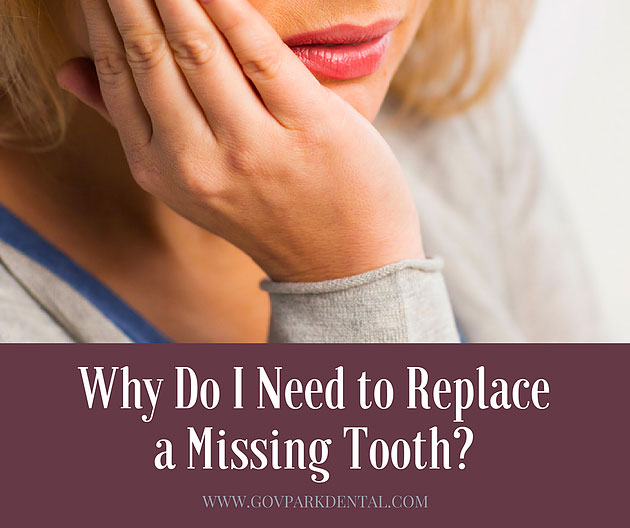If you’ve ever searched for dental care or DIY tips online, sites like Pinterest are filled with claims that say it’s possible to reverse cavities, heal your own teeth, and avoid getting dental fillings through seemingly before-undiscovered homeopathic treatments.
Is it true? Can you reverse tooth decay?
The short answer is “no” but the long answer is “sort of.” Here’s why:
Early Tooth Demineralization Can be Reversed
Some of the popular “I reversed my tooth decay” websites don’t explain the state of damage the tooth was in (with the digital X-rays to show it) before they suddenly healed their teeth.
The earliest stage of a cavity is demineralized enamel. The outer layer of enamel becomes weak and soft, due to acids and plaque biofilm coming into contact with it on an extended basis.
Fortunately, demineralized enamel can — to an extent — be remineralized before a physical cavity (hole) ruptures through the surface.
What are some ways to help this happen?
- Improved hygiene and plaque removal on an everyday basis
- Protective dental sealants over deep grooves and fissures, which are someof the most cavity-prone surfaces
- Drinking fluoridated tap water throughout the day
- Supplementation with a prescription strength fluoride or mouthrinse, providedby your dentist
- Use of everyday oral hygiene products that contain fluoride
- Eating more fresh fruits and vegetables, sharp cheddar cheese, and fewerprocessed carbohydrates
- Eliminating acidic beverages and those that contain natural or artificialsweeteners
Decayed Enamel Can’t be “Re-Grown”
The types of cells that make up your teeth do not re-grow or repair themselves after the tooth is fully developed. There are currently laboratory studies being conducted with stem cells to try to make this a potential reality. But as of yet, it’s physically impossible.
Once a tooth has a physical cavity (opening or hole) inside of it, there is no feasible way to help the enamel grow back on your own. Instead, the cavity will gradually worsen, due to the bacterial infection inside of the tooth structure.
Ideally, you would want to treat the cavity as soon as it’s diagnosed and while it’s as small as possible. When you do, your dentist can place a minimally invasive filling and preserve as much healthy tooth structure as possible.
But untreated cavities will expand to the point that they require larger fillings. Or worse, they will reach into the nerve chamber and create an abscess. What could have initially been treated with a modest restoration now becomes a situation requiring a root canal and a
Do You Think You Have a Cavity?
Early diagnosis is the key to preventing your tooth decay from spreading. Sometimes, you can catch the possible cavity before it has actually broken through your tooth.
Let your dentist know if you’re experiencing any sensitivity on specific teeth, feel a rough tooth surface, or notice discoloration in the surface of your enamel.
Governor’s Park Dental Group is located at 700 E. Ninth Ave., Denver, CO 80203 and can be reached at 720-647-2766 or at www.govparkdental.com




